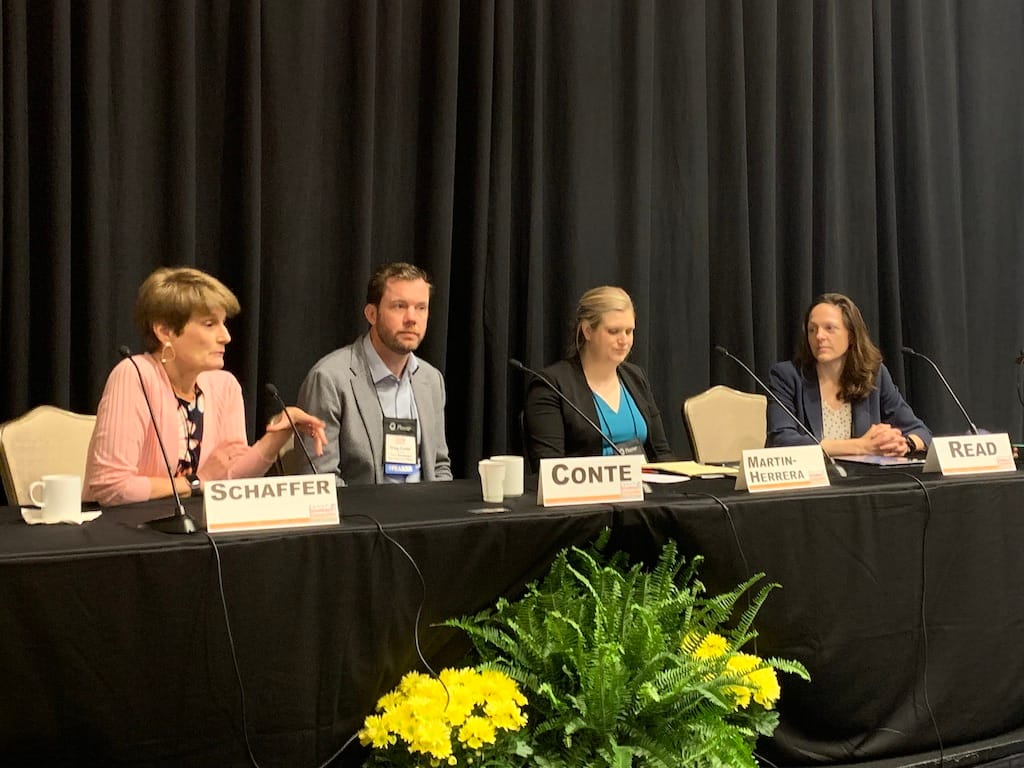State Broadband Directors Have a Lot to Offer Each Other, Broadband Communities Hears
One of the most helpful things a state broadband director can do for themselves is pick up the phone.
Benjamin Kahn

HOUSTON, May 5, 2022 — Fellow broadband offices are one of the most valuable resources new state broadband directors can leverage, experienced directors say.
During the closing panels on the final day of Broadband Communities Summit Thursday, Connect Maine Authority Executive Director Peggy Schaffer said that communication between state broadband offices is critical so that states do not make the same mistakes twice.
“The knowledge that [broadband offices] share is [a great resource],” she said. She added that this is particularly important for newer broadband directors who may not have much experience working in the sector.
Texas Broadband Development Office Director Greg Conte echoed Schaffer’s statements. He said that one of the first things he did when he found himself in his position was call Schaffer to discuss what actions Maine did to get their communities connected.
“We are building the plane as we fly,” Conte said. “Other state offices are the biggest resources we have.”
Conte added that broadband directors should not shy away from looking towards the communities they hope to serve for help.
His advice was reminiscent of Keybanc Capital Markets Managing Director Tom Coverick’s suggestion from Monday that every broadband project find a champion to aid with community engagement and education on the ground.
“Do not forget your local community partners — they know what they need.” Conte said. “Communities are going to be your best assets when you are on the ground building that last mile [infrastructure].”
Montana’s Broadband Program Manage Chad Rupe emphasized the broadband directors that are new to the sector should avoid getting sucked into the trap of only listening to one voice in the community — whether that is a small provider, a municipal entity, or an incumbent provider.
“Do not simply listen to one entity,” Rupe said. “You will learn a lot more if you have a big tent approach — don’t think you can do it all yourself.”









Member discussion